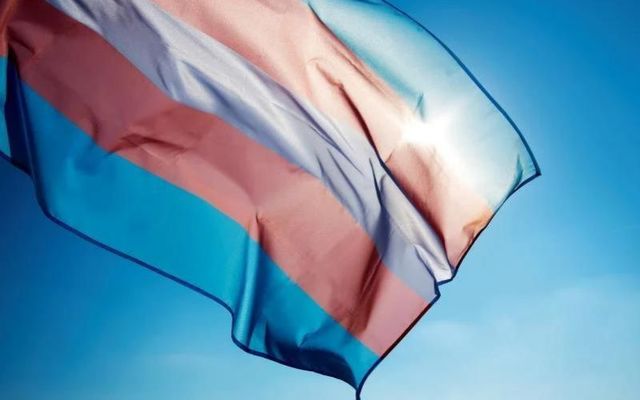Sport Ireland has published new guidelines aiming to encourage more Irish sporting bodies to formulate clear policies for transgender and non-binary athletes.
Sport Ireland consulted more than 4,000 people through a mix of surveys, focus, groups, and interviews over a six-month period to compile the new guidance document, which acknowledges that there are "very differing opinions about how best to include everyone in sport."
"While many from the LGBTI+ community, transgender and non-binary people and their families, are supportive of inclusion through self-identification, this view is not shared by the vast majority of people working and taking part in sport who favored protection of a female category (as assigned at birth)," the guidance document states.
The document notes that there is "modest support" for the inclusion of transgender people in female categories with requirements such as testosterone suppression.
However, it additionally notes that "those from the sporting community were of the opinion that fairness and safety in sport should not be compromised through inclusion practices."
The new guidance provides recommended steps and considerations for sporting bodies when putting policies in place for transgender and non-binary people.
A number of Irish sporting bodies have already introduced policies regarding transgender and non-binary athletes.
The Ladies Gaelic Football Association (LGFA) introduced a transgender policy last year, stressing that it is committed to inclusion except in cases of "unacceptable risk." Trans athletes wishing to take part in the LGFA must complete an application form and, in the case of those over 16, must provide medical proof of testosterone levels equal to or less than 10 nanomoles per liter during the previous 12 months.
Meanwhile, the Dublin Marathon introduced a "non-binary" category in 2023, which received just four entrants in its inaugural year. However, 21 athletes entered the category ahead of the 2024 marathon.
The new Sport Ireland document acknowledged that trans athletes may enjoy sporting advantages over female athletes which may last "several years after (hormone) therapy begins."
It also notes that there is a 10-12% difference between male and female athletes in running and swimming in addition to a 20% difference in jumping and and a 30-50% difference in weightlifting.
The Irish Examiner reports that the new document is a sign that Sport Ireland feels national sporting bodies need to be proactive and put policies in place that are inclusive to trans and non-binary athletes in a bid to mirror modern society.
Sport Ireland stressed that the new document is only intended to provide guidance to sporting bodies on membership eligibility and competition rules. However, it noted that some sporting bodies may have already received guidance from international federations.
Dr. Úna May, CEO of Sport Ireland, described the guidance document as "very important."
She said in a statement that the document is "designed to provide support and education to National Governing Bodies when developing policies for the inclusion of transgender and non-binary people in their specific sport.
"We acknowledge that this is a complex issue and by the very nature of sport, there is no one-size-fits-all approach that can be applied across the board," May said in the statement.
"Equally, it is an area that is constantly evolving, and as such we at Sport Ireland will evolve our support to the sector through a suite of resources which are regularly updated.
"Our ambition is always to make sport as inclusive as possible so that everyone, regardless of their background, can reap the many benefits that participation in sport brings.
"We would encourage all NGBs to put a policy in place if they don’t already have one."




Comments